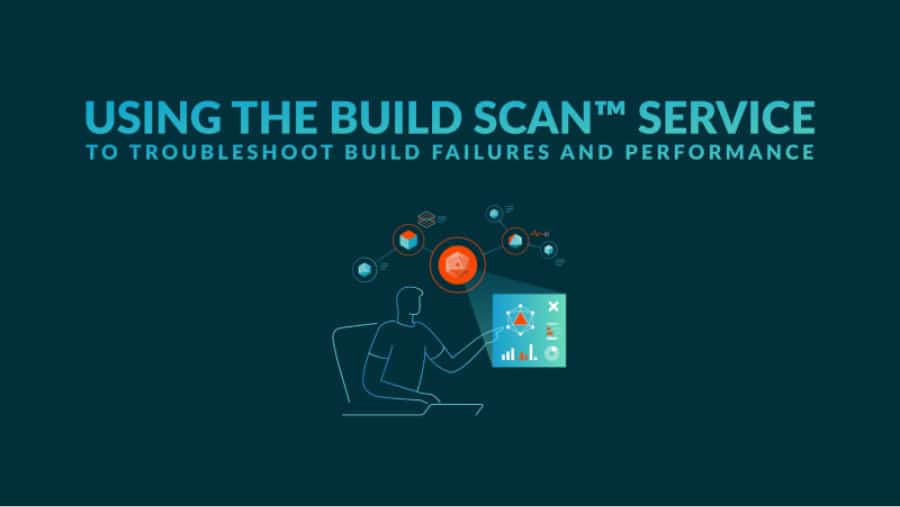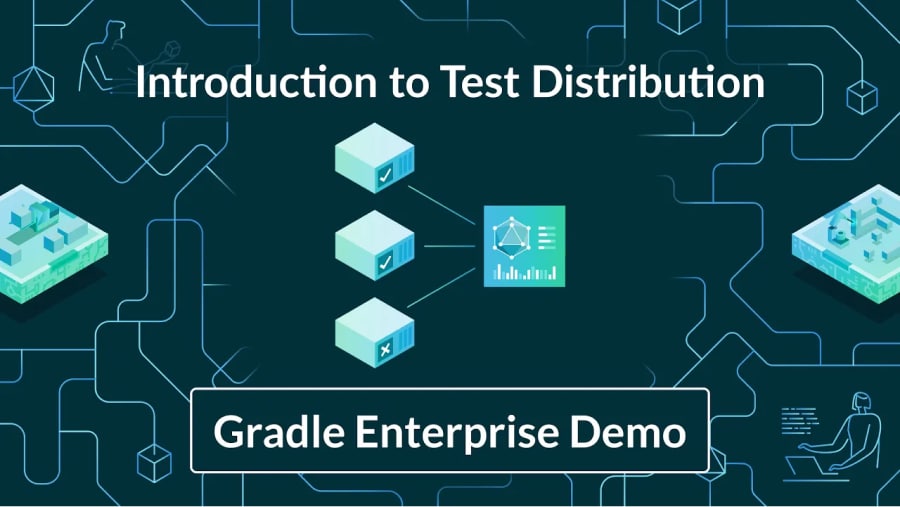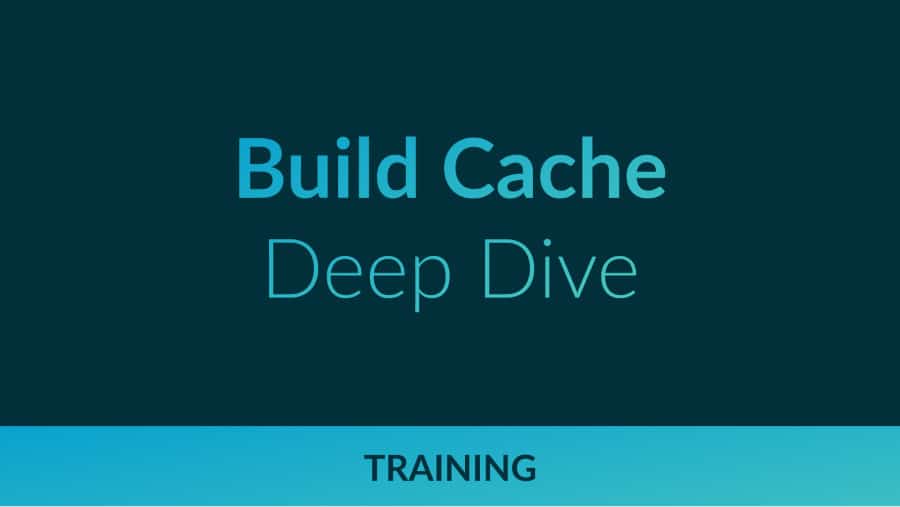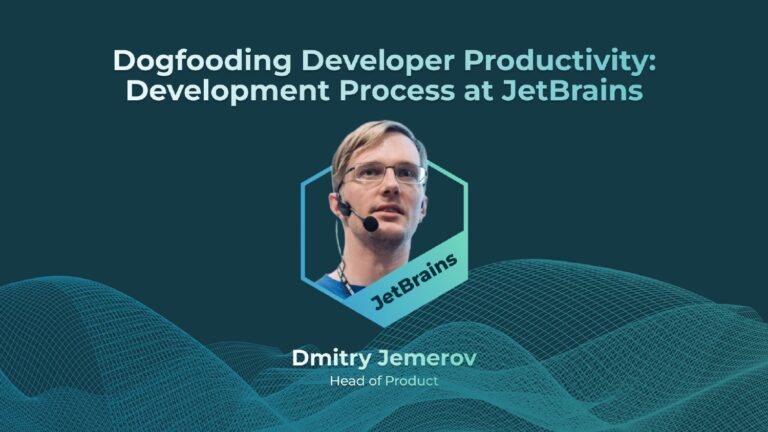The family of IDEs based on the IntelliJ Platform (e.g. IntelliJ IDEA and PyCharm) is a project that spans 22 years of history, includes ~30M lines of Java and Kotlin code, and has been supported by hundreds of contributors.
This talk reveals the internal development processes and DPE practices used by JetBrains to ship the company’s largest project suite. You will hear how JetBrains dog-foods its own technologies (TeamCity, YouTrack, Space, Toolbox Enterprise) for development, QA, and deployment, as well as some of the custom tools used at JetBrains to increase productivity.
Developers use an IDE to be more productive, using time-saving features like fast access to code, shortcuts, and plugins. Yet developer productivity is often compromised by deploying a large monorepo. Factors like high memory consumption, protracted indexing processes, and the need to manage large file systems and thousands of fine-grained modules, often cause your IDE to operate at a snail’s pace, if it doesn’t break down completely.
Learn how the IntelliJ IDEA team is exploring DPE concepts to mitigate some of the major disadvantages of monorepo environments. Approaches discussed include reducing the working scope of the codebase, remote development practices to speed up the environment, and parallelizing work to a CI server with pre-generated indexes.
Dmitry Jemerov is a JetBrains veteran who has worked on many products including IntelliJ IDEA, PyCharm, RubyMine, Kotlin and more. His current role is Head of Product in the IntelliJ department.

Gradle Enterprise customers utilize Gradle Enterprise Build Scan® to rapidly get deep insights into the state of monorepos with various DPE metrics and concerns, like build and test performance, flaky tests, dependencies, failures, and regressions. Additionally, build and test performance acceleration features, including Build Cache, Predictive Test Selection and Test Distribution, address the pain of slow builds and excessive context switching due to avoidable disruptions to the developer’s creative flow. Learn more about how these features can help you boost productivity by starting with a free Build Scan for Maven and Gradle Build Tool, as well as watching videos, and checking out our free instructor-led Build Cache deep-dive training.




